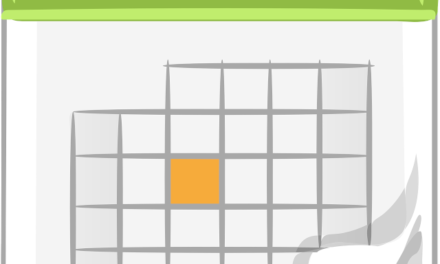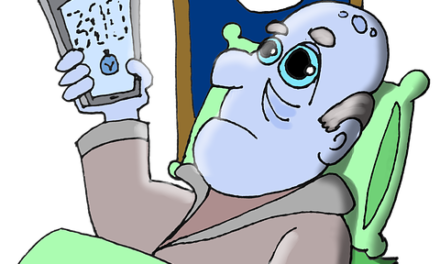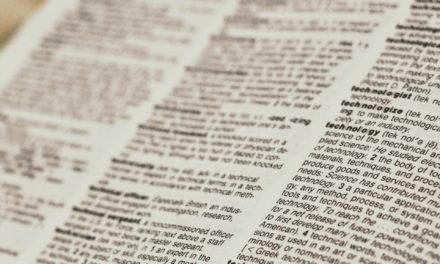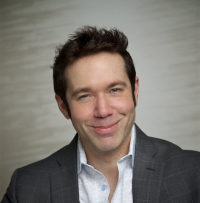I I’ve talked before about the need to cycle your nootropics so that you don’t get yourself into trouble with psychological dependence. As productivity tools they’re an excellent choice, but they can be habit forming in that you start thinking you “need” something to get into the zone. That’s the problem that the baseline day aims to solve.
The actual execution is really straightforward: no nootropics for the day, including anything like coffee (for which some people use kratom as a substitute) that you might normally take for energy boosting. Ideally, you feel just fine and go on with your life, and this helps you maintain decent cycling. Note this has nothing to do with supplements such as magnesium where you want daily intake to maintain optimal levels; rather, this is specifically for nootropics that you’d use before a work session.
It’s your choice whether to use a work day or a rest day. For maximum benefits, doing without while you’re working will prove to you that you don’t need an enhancement to get things done. Even so, picking an off-day like Sunday is perfectly reasonable too. I guarantee you that if you were overly used to any one nootropic, you’d notice the difference, so you’d still get the benefit from taking the baseline day.
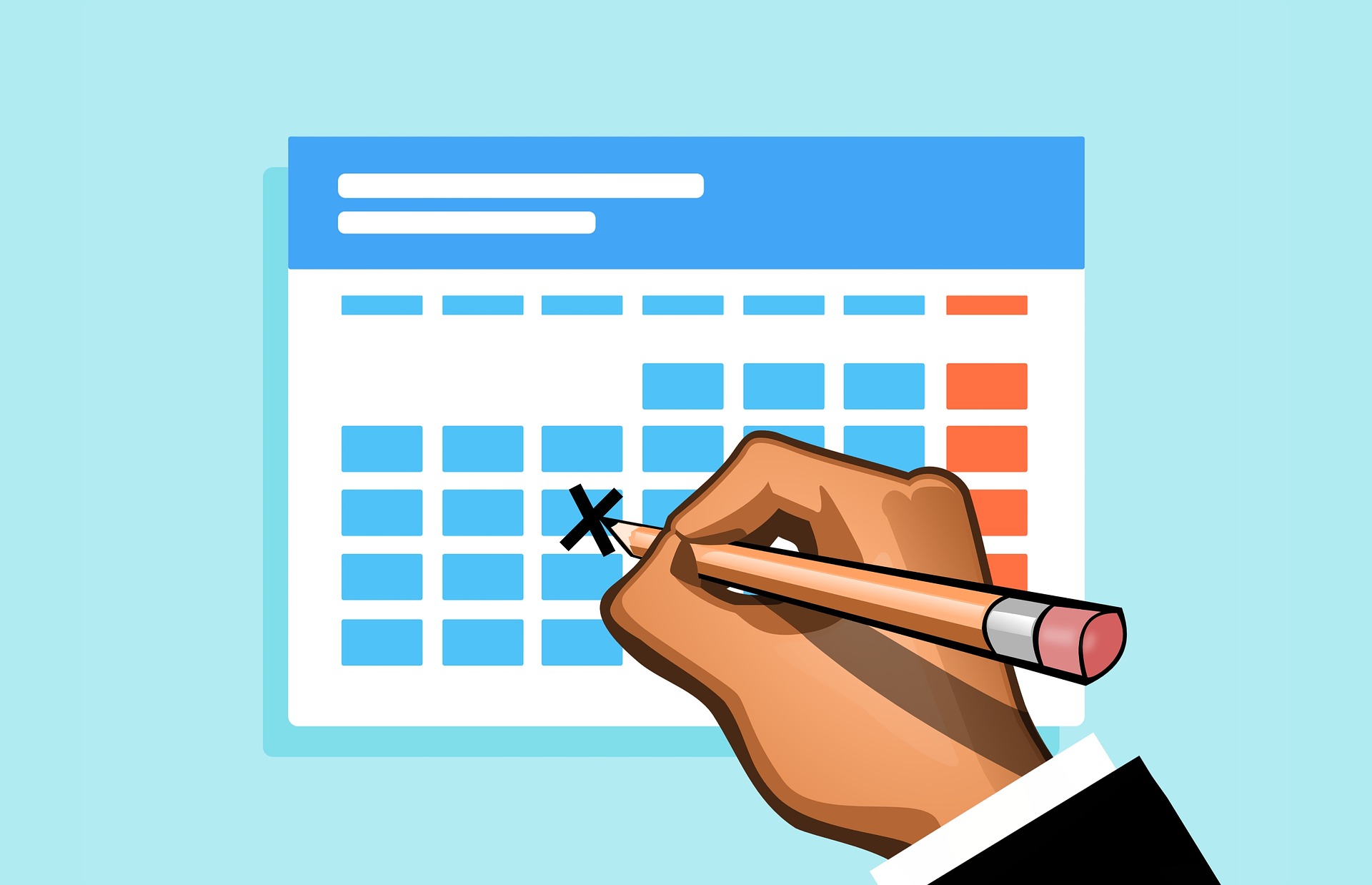
Picking a baseline day on a calendar. . . X marks the spot.
Of course, if it were always that easy, I’d have nothing to write about! There are several common side effects people notice, depending on what exactly they’re in the habit of taking. Furthermore, these side effects are part of what makes the baseline day useful, as it gives you information on how you’re handling life:
- Sleepiness: the common case is someone who’s a chronic coffee drinker while living a life of sleep deprivation. I’ve also seen this crop up among my acquaintances for modafinil . . . off the top of my head, I can think of two who do this. Both have told me about going several nights in a row with insomnia, getting four to maybe six hours of sleep, and needing to pop a moda to be functional at work. In this case, they’re using a nootropic to mask a poor lifestyle habit of inadequate sleep, and ultimately doing themselves a disservice. You should use wakefulness promoting agents to improve, rather than delude, yourself.
- General fatigue/low energy: if you’re not sleepy per se, but you feel a lack of energy and motivation, it’s a little trickier to diagnose. I’d first ask if you exercise regularly; if you don’t, adding that one keystone habit will benefit your life in a ripple effect, including increasing your baseline energy. Another question to ask yourself is if you’re satisfied with the direction your life is going: a dull job, a lack of a social or romantic life, or not living according to your principles are all factors that will chip away at your baseline drive. Using nootropics to mask that will only harm you in the long run.
- Physical symptoms (headaches, for instance): the bane of caffeine breaks! For most nootropics you shouldn’t notice any signs of withdrawal; however, there are certainly those that are physically addictive. If you do see this effect, then you need to step up cycling so that you’re not overly exposed to any one substance. Grin and bear it for your baseline day, then work on weaning yourself off. Oh, and a pro tip for caffeine withdrawal: the beta endorphins from a brisk jog or elliptical session will help you shrug that off. Last time I took a pure caffeine break I made heavy use of my Desk Cycle.
The baseline day is where you eschew nootropics entirely and hopefully go on with your life normally. If you notice any of the issues above, then it’s a sign you should reexamine some of your lifestyle habits and make adjustments as needed. Most of the stories I’ve heard of people getting overly dependent have more to do with them not cycling and taking baseline days than anything in the substances themselves.
